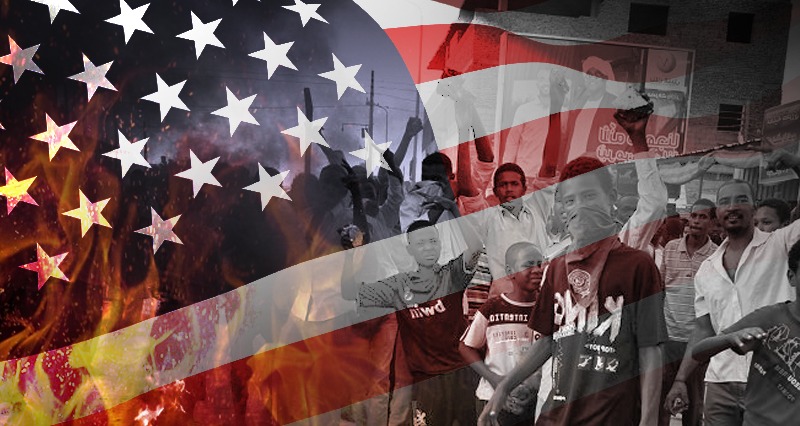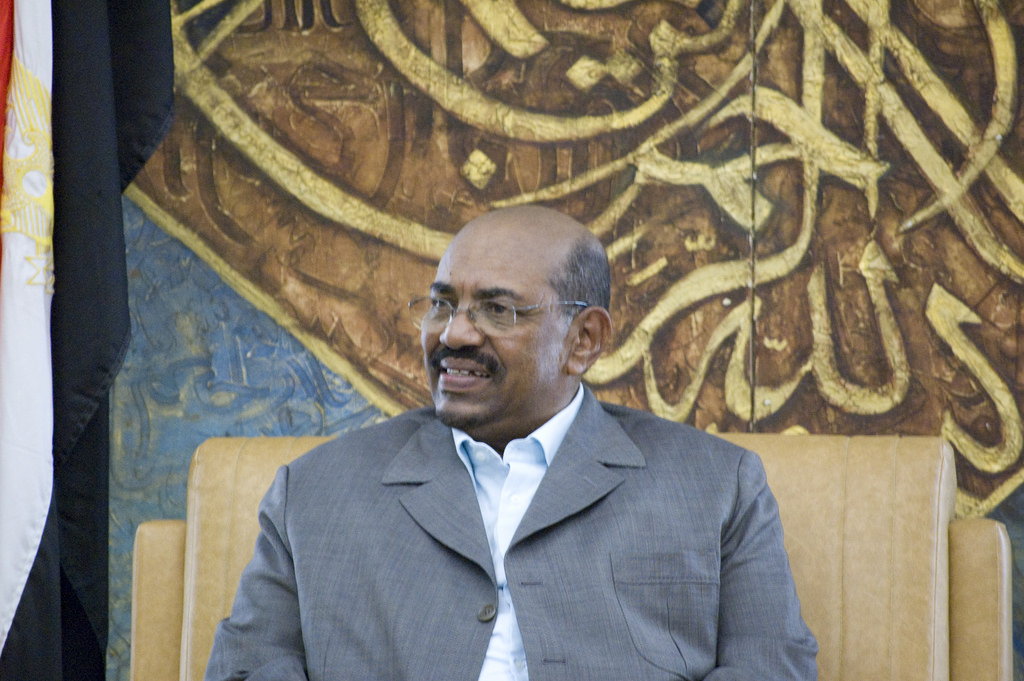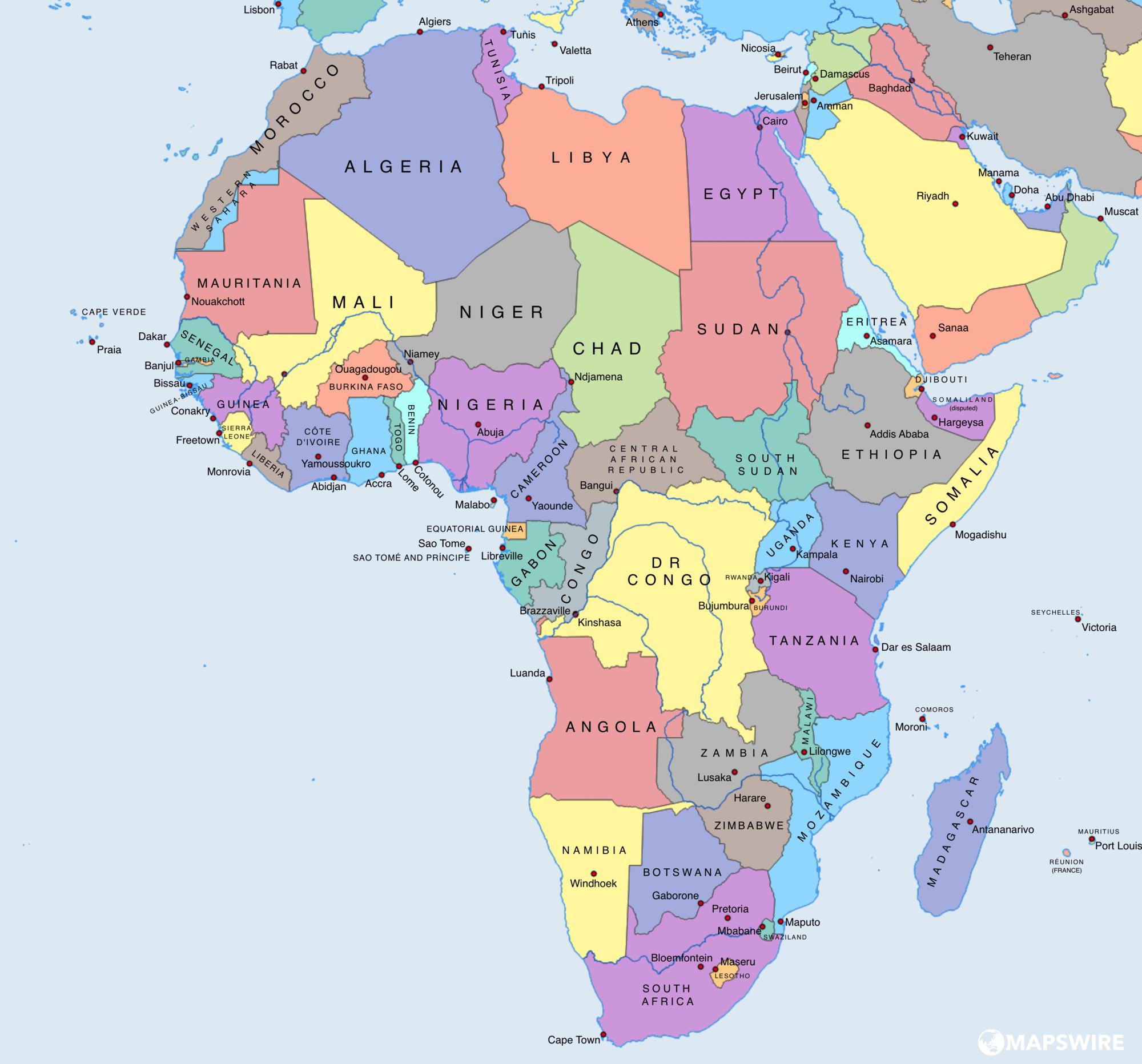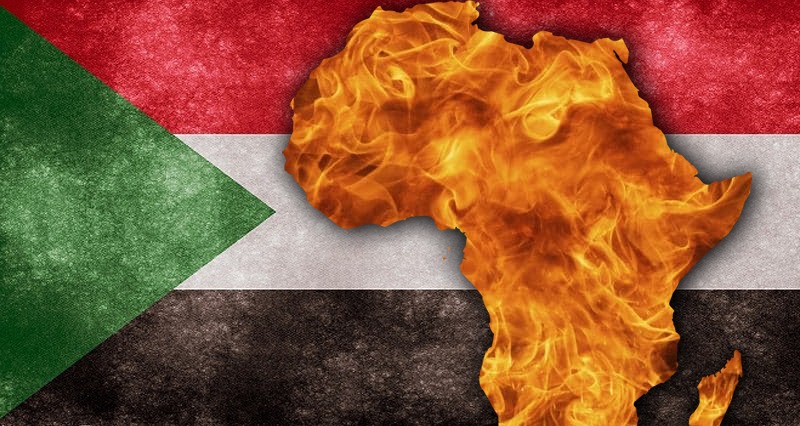The Protests in Sudan are continuing from last week. The first to take to the streets were residents of the cities of El-Gadarif and Atbara. A number of cities introduced a state of emergency as riots broke out against the backdrop of rising bread prices.
Thousands of protesters marched from Al-Qasr street to the president’s headquarters demanding President Omar al-Bashir step down, witnesses said.
For several weeks, a number of cities in the country have faced bread shortages, with large queues forming at bakeries. The Sudanese Minister of Information, Bashar Arur, said that 19 people were killed and 397 were injured during the week-long anti-government protests.

Why did the protests begin?
The refusal of the al-Bashir cabinet to finance the purchase of wheat abroad led to massive inflation in the country. The process caused a cessation in production due to a shortage of flour. Despite the lifting of US sanctions in 2017, Sudan continues to experience economic problems.
“In the interests of the enemy”
On Tuesday, security forces in the country’s capital Khartoum used tear gas against protesters who were trying to reach the presidential palace with a petition demanding the resignation of al-Bashir, who has been in power in Sudan since 1989.
According to SUNA, al-Bashir gave a speech in a local stadium at a “gathering of the people” calling the event “a response to every traitor and agent”, as well as to those who spread rumors about his arrest. He promised that the government would implement development and construction projects and improve the situation.
Previously, al-Bashir had blamed the West’s embargo for economic troubles in the country.

Western pressure
The globalist media is decidedly against al-Bashir. Organizations like Amnesty International are reporting inflated fatality statistics: according to them, 37 demonstrators were killed within five days of anti-government demonstrations as a result of clashes with security forces.
While the protests began as a result of real economic and social turmoil, pro-American forces stoked the flames of conflict in order to push western interests in the country.
The Political version of events
It would be naive to believe the protests are motivated by purely economic factors – naturally, there are political and geopolitical factors at play as well.
To begin with, there are real local opponents of al-Bashir`s rule, both economic and political. Yet, at the same time, the role of al-Bashir, who is obviously “bad guy’ in the eyes of the west, could be decisive for the region.
Omar al-Bashir is already under a great deal of pressure. The International Criminal Court has declared him a wanted man, accusing him of genocide. We should keep in mind that the separation of South Sudan took place thanks to the “support” of Washington.
Omar al-Bashir might be able to help to overcome the Syrian crisis. He could be another important mediator between the Sunni monarchies of the Persian Gulf and the al-Assad government. The other day, al-Bashir traveled to Damascus: he was the first Arab leader to visit Syria since the start of the war in 2011, at a time when most Arab countries closed their embassies there.
A New Arab Spring?
The Sudanese president’s 30-year reign risks repeating the fate of other Arab leaders during the so-called”Arab Spring”.
Some experts are already calling the situation the Second Arab Spring, as the protests have now spread to at least 8 countries, including Sudan (Libya, Tunisia, Morocco, Lebanon, Iraq, Jordan and Algeria).

Sudan is important for many countries representing an alternative to Western hegemony, including Turkey, Russia and Syria.
Ankara stated that Turkey considers itself a strategic partner of the African Union. According to Turkish Foreign Minister Cavusoglu, Sudan is “an important partner for us in Africa” and “a strategic country for the continent and for Turkey.” According to him, Sudan stands in solidarity with Turkey. “This is especially true of our fight against the terrorist organization Fethullah Gülen (FETO). Mr. President Al-Bashir twice visited Turkey and took part in our summits, ”he stressed.
Russia’s agreements with Sudan may have been a factor in Washington’s dissatisfaction and actions against the country.
The Sudanese ruler now needs to prevent the revolution and destabilization of the region, and also to take an active part in the peace process in Syria. Now that Donald Trump has announced the withdrawal of troops from Syria, any and all help from his Syrian allies will be needed to resolve the situation. Donald Trump is seemingly not as interested in globalist games and deliberate destabilization of the region, but the forces of globalism are still strong, and they intend to follow through with their plans one way or another.

















Leave a Reply